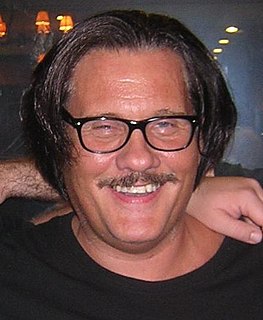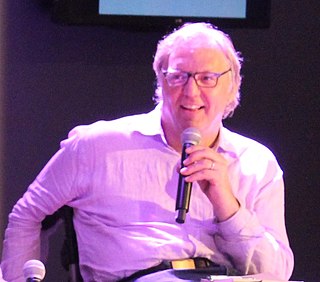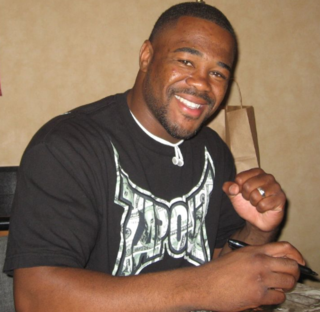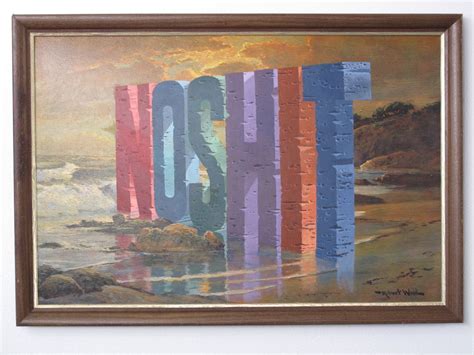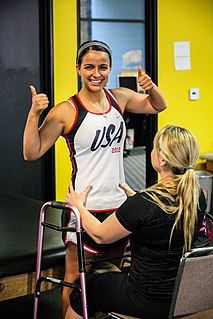A Quote by Itzhak Perlman
Just imagine yourself in a wheelchair. Go through the building. If there's a place you can't go in, it's not accessible.
Quote Topics
Related Quotes
I would say that it is important to have it in your mind, what your attention is and what you want to do. Really just go for it, and fall and go for it again, and learn and continue to go for it. First, it starts as an abstract idea and you have this dream and desire. It will take you to one place, and in that time you act in a certain way and you do what you have to do in that one place to get you to the next place. It is constantly building into this idea that you have.
In America access is always about architecture and never about human beings. Among Israelis and Palestinians, access was rarely about anything but people. While in the U.S. a wheelchair stands out as an explicitly separate experience from the mainstream, in the Israel and Arab worlds it is just another thing that can go wrong in a place where things go wrong all the time.
You're free because you don't have to expose yourself, and you can go wild, and let your id completely out of its box, and nobody will see you because you're operating through a surrogate. It's an opportunity to crack open your shell, to melt down yourself, and just let yourself go. It's a form of catharsis for me.
I quickly learned that asking if an interview space was wheelchair accessible was a bad idea; it gave a potential employer an immediate bad impression. It was either a black mark against my name, or a straight up discussion of why I wouldn't be able to work there because they had no wheelchair access.



